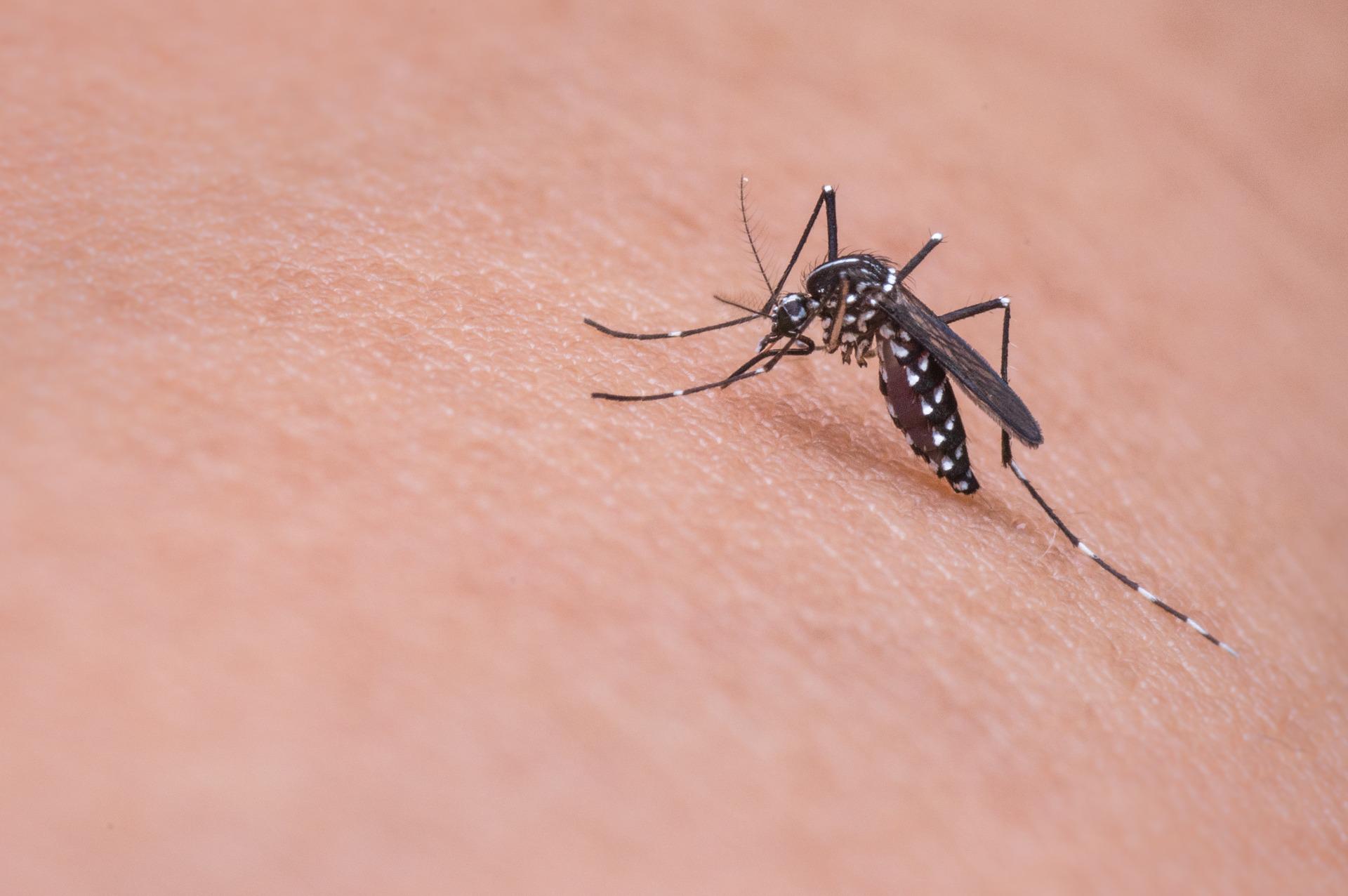News release
From:
In the upcoming issue now available on the NEJM Media Center, we will publish the results of a phase 1 trial of a monoclonal antibody to prevent malaria that we think will interest you.
In the trial, “Low-Dose Subcutaneous or Intravenous Monoclonal Antibody to Prevent Malaria,” 17 healthy adults received various doses of L9LS, a next-generation monoclonal antibody against Plasmodium falciparum malaria and were then exposed to bites on the forearm from mosquitoes infected with P. falciparum.
L9LS targets CSP-1, a major protein of the sporozoite (the form of the parasite the mosquitoes inject when they bite). The trial found that participants who received the higher doses of L9LS had complete protection against malaria infection.
Although the trial was small, the implications could be important. We already know that the RTS,S/AS01 vaccine has an efficacy of 32 to 39% over 4 years of follow-up. What if we could layer in a subcutaneous injection such as L9LS and further drive down malaria infection rates?
As part of our media explainer series, we will host an embargoed live webinar at 10 AM ET Monday, August 1, with NEJM Editor-in-Chief Eric Rubin to discuss this trial and answer questions.
Along with the Original Article describing the trial, we are publishing an editorial, “Monoclonal Antibodies — A Different Approach to Combat Malaria,” and a Science behind the Study article, “Monoclonal Antibodies for Malaria.”
Register now for the live Q&A via this link. Registration is required to attend the session.
You are encouraged to submit questions in advance to mediasupport@nejm.org. We will also have Zoom webinar Q&A enabled during the session.



 Pacific; International
Pacific; International



